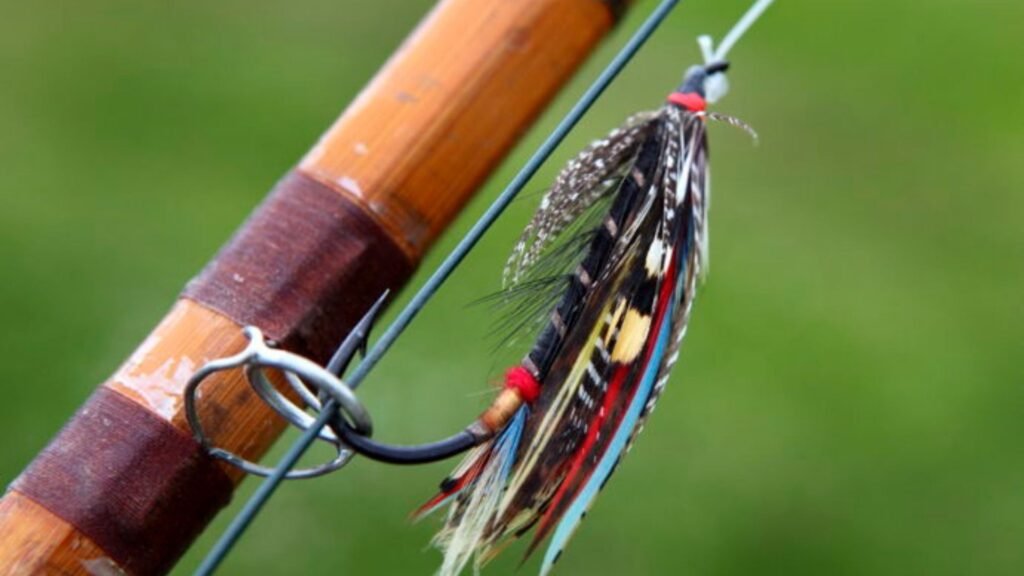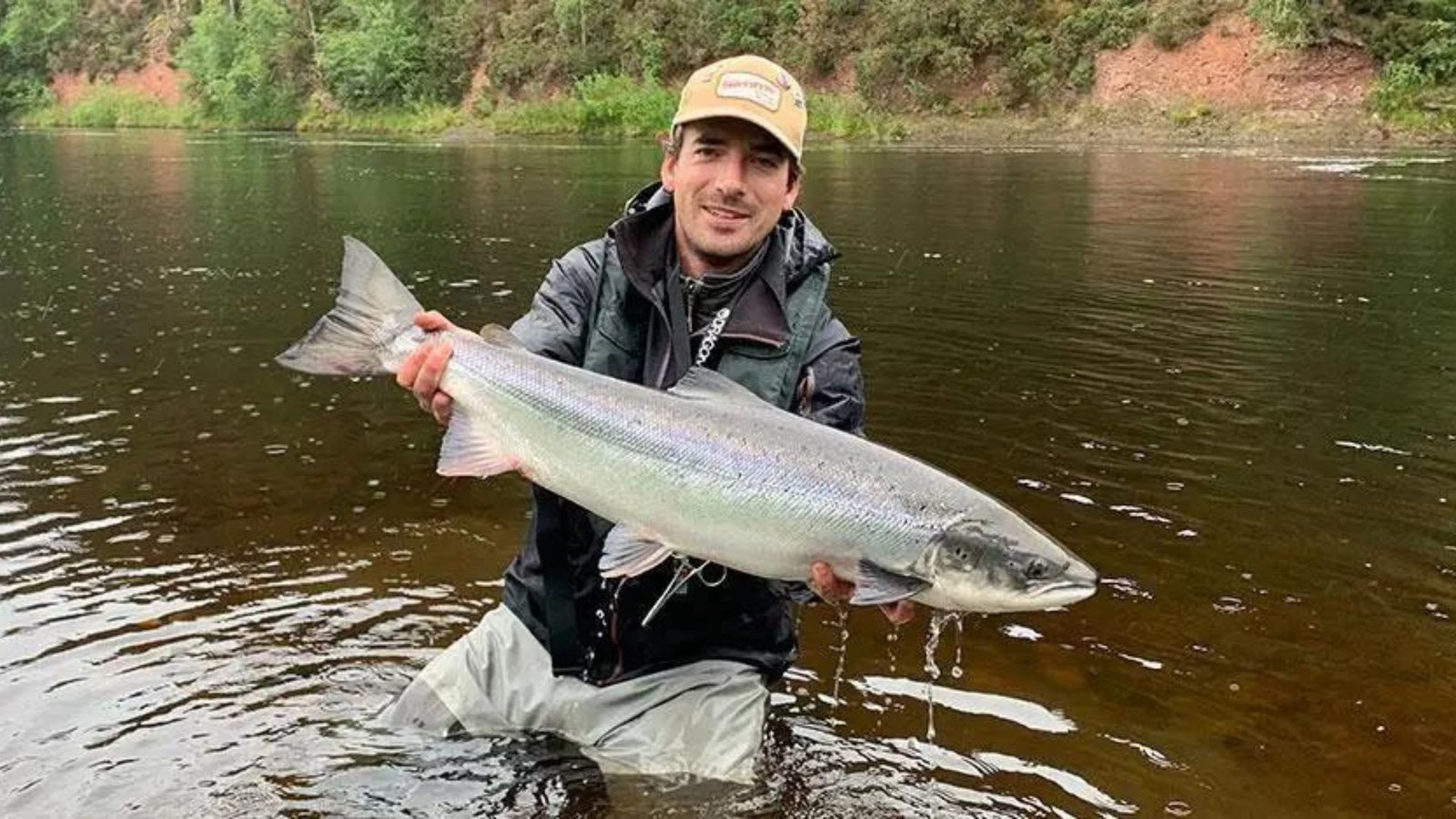Salmon fly fishing requires specialized gear that needs regular care and maintenance to perform at its best. By following these tips, you can extend the life of your equipment and enjoy successful fishing trips for years to come.

How to Maintain and Care for Your Salmon Fly Gear
Cleaning Your Gear
Properly cleaning your salmon fly gear after each use is crucial to prevent damage and maintain functionality:
- Rods and Reels: Rinse rods and reels with fresh water to remove salt and debris. Wipe them down with a soft cloth to prevent corrosion.
- Lines: Clean fly lines by gently wiping them with a damp cloth to remove dirt and grime. Avoid using harsh chemicals or soaps that can damage the line material.
- Flies: Inspect flies for damage and clean them by gently rinsing in water. Allow them to dry completely before storing to prevent mold.
Storage Tips
Storing your gear properly when not in use helps protect it from damage and ensures it stays in good condition:
- Rods and Reels: Store rods and reels in a cool, dry place away from direct sunlight. Consider using rod racks or cases to prevent them from getting tangled or knocked over.
- Lines: Keep fly lines loosely coiled and stored away from heat sources to prevent them from becoming brittle.
- Flies: Store flies in fly boxes with compartments to keep them organized and prevent them from rusting or tangling together.
Maintenance Checks
Regularly inspecting and maintaining your gear can prevent potential problems and ensure everything is in working order:
- Rods: Check rod guides for any signs of wear or cracks. Replace any damaged guides to prevent line fraying.
- Reels: Service reels annually or as recommended by the manufacturer. Clean and lubricate reel mechanisms to ensure smooth operation.
- Lines: Check fly lines for nicks or abrasions that can affect casting. Replace damaged sections to maintain casting accuracy.
- Flies: Replace worn or damaged flies. Ensure hooks are sharp and free from rust to improve hook-ups.
Handling and Transportation
How you handle and transport your gear can impact its longevity and performance:
- Handling: Avoid dropping rods or reels, which can cause damage. Use protective cases or covers when transporting gear to and from fishing spots.
- Transportation: Secure rods and reels during transportation to prevent them from shifting or banging against each other. Consider using rod tubes or bags for added protection.
Seasonal Maintenance
Perform seasonal maintenance to prepare your gear for different fishing conditions:
- Spring: Clean and inspect gear after winter storage. Check lines for stiffness and reels for smooth operation.
- Summer: Keep gear clean and dry to prevent corrosion. Monitor line condition and replace if necessary.
- Fall: Prepare gear for colder temperatures. Lubricate reels to prevent freezing and clean rods thoroughly after use.
Conclusion
Caring for your salmon fly gear is a responsibility that pays off with better performance and longer-lasting equipment. By following these maintenance tips, you can ensure your gear is always ready for the next fishing adventure. Proper cleaning, storage, and regular inspections will not only protect your investment but also enhance your fishing experience.




